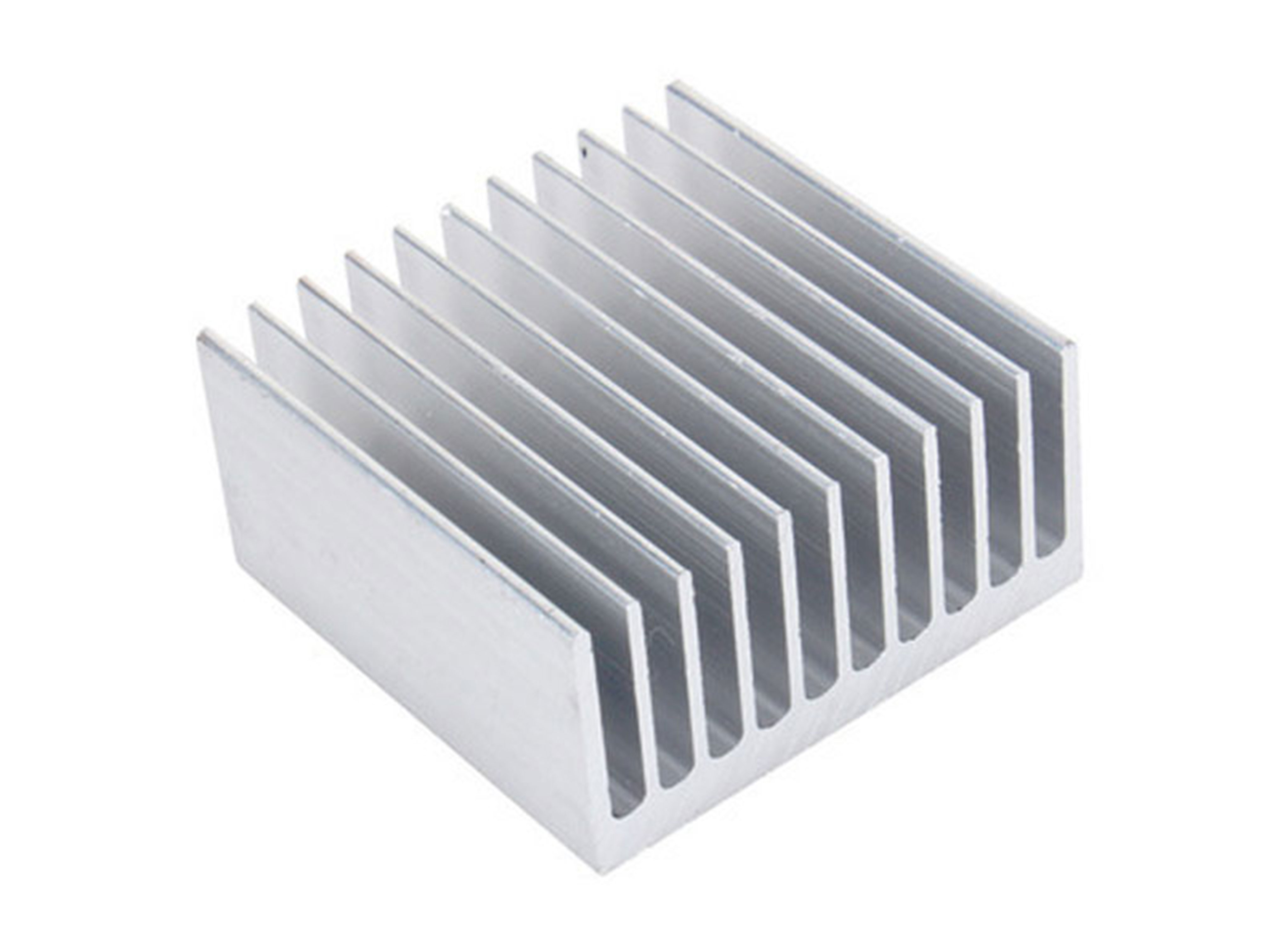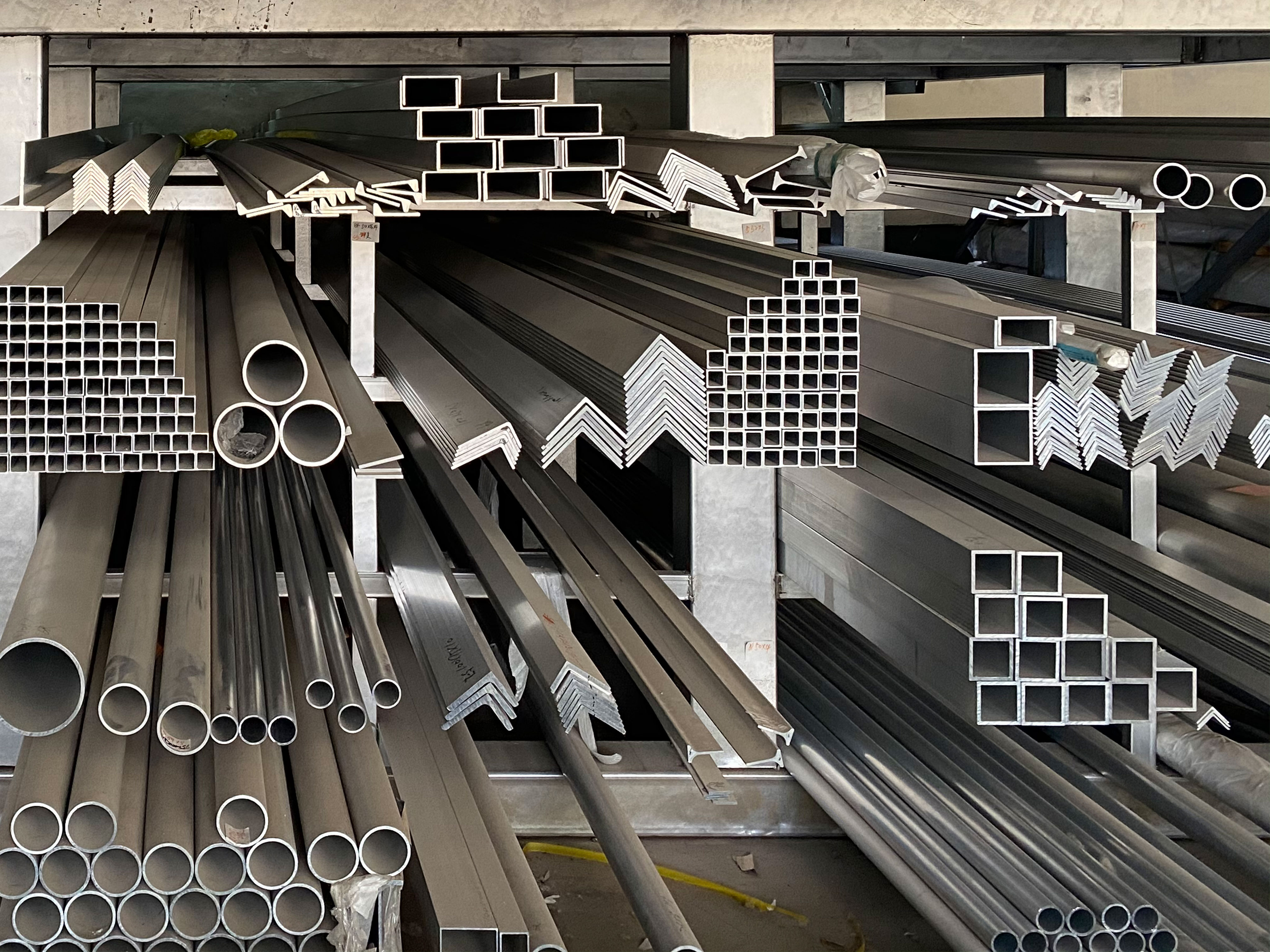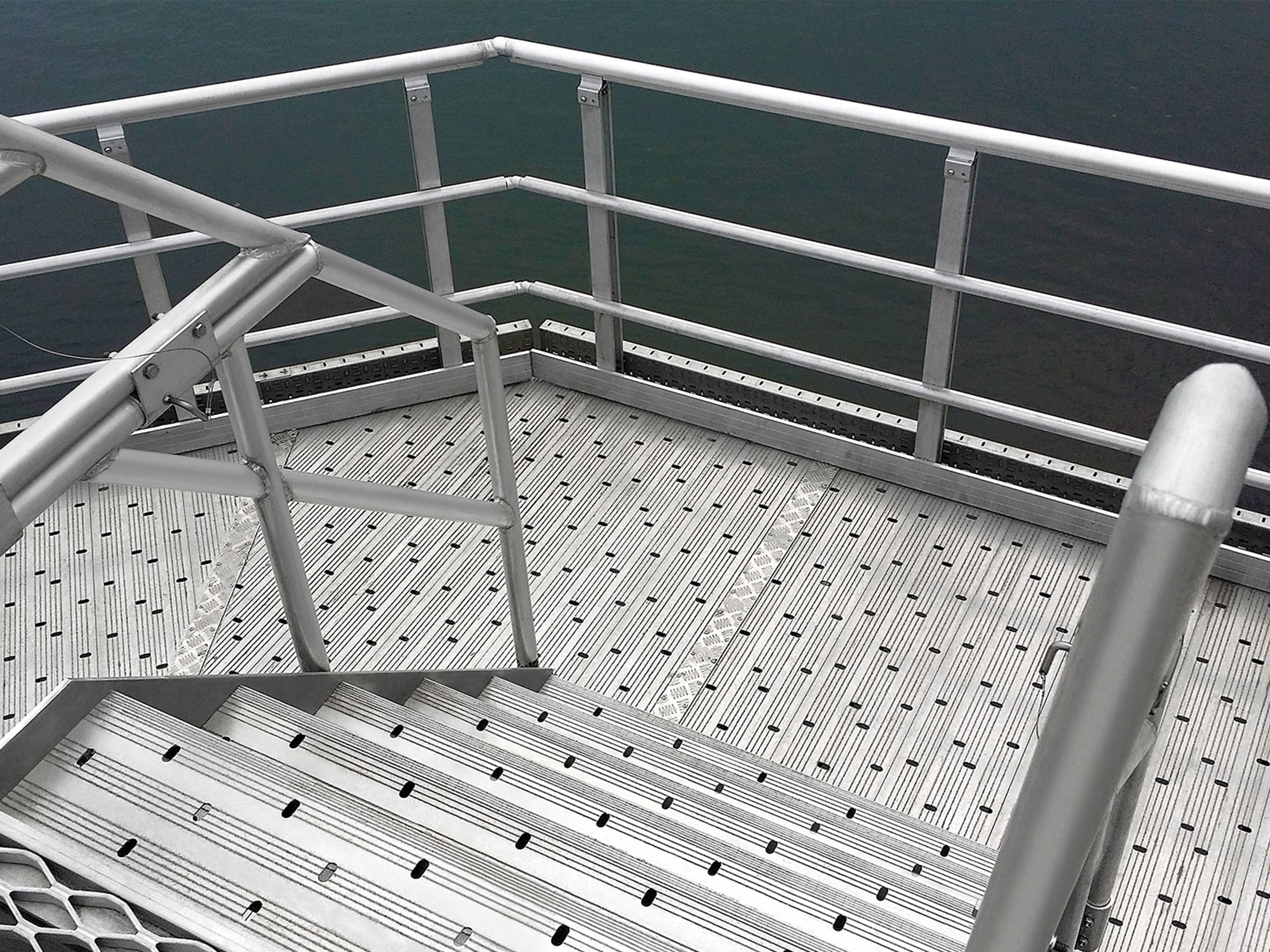Marine Aluminum Customized Shapes for Custom Offshore Vessel Structural Parts
Manufacturing custom offshore vessel structural parts demands materials that combine exceptional strength, corrosion resistance, and ease of fabrication under challenging marine environments. Marine aluminum, known for its lightweight characteristics and robust physical properties, emerges as a premier material. When customized into tailored shapes, marine aluminum becomes an indispensable resource for designers and engineers striving for performance and longevity in offshore applications.
In t
Why Choose Marine Aluminum for Offshore Vessels?
Offshore vessels operate under harsh seawater exposure, mechanical stresses, and extreme weather. Structural parts must therefore possess:
Producing custom-shaped marine aluminum for offshore vessel structural parts presents unique challenges beyond standard aluminum fabrication. The demanding marine environment necessitates meticulous attention to material selection, ensuring the alloy possesses the correct strength-to-weight ratio, superior corrosion resistance (often requiring specialized coatings or anodization), and fatigue resistance to withstand cyclical loading from waves and currents. We often encounter requests for intricate geometries, requiring advanced CNC machining and potentially specialized welding techniques like pulsed gas tungsten arc welding (GTAW) for optimal joint integrity. Precise tolerances are paramount; even minor deviations can compromise the structural integrity of the vessel, highlighting the need for rigorous quality control at every stage, from initial design and material sourcing through to final inspection.
Our experience reveals that collaboration with the vessel designers is to successful project completion. Early engagement allows for material optimization, suggesting cost-effective alternatives while maintaining structural performance. This includes different forming techniques, like hydroforming or forging, to achieve complex shapes efficiently. Furthermore, thorough consideration of assembly procedures and potential on-site modifications is crucial. We often integrate design for manufacturing (DFM) principles to streamline the fabrication process and minimize waste, ensuring timely delivery of high-quality components that meet the demanding specifications of the offshore industry. This collaborative approach ultimately reduces costs and accelerates project timelines.
- Outstanding corrosion resistance in saltwater.
- High strength-to-weight ratio for vessel efficiency.
- Formability and weldability to accommodate bespoke designs.
- Durability and long service life against fatigue and impact.
Marine aluminum alloys, typically in the 5xxx and 6xxx series, fulfill these needs owing to their intrinsic properties.
Customized Marine Aluminum Shapes: Definition & Functional Roles
Marine aluminum customized shapes refer to profiles specifically extruded, rolled, machined, or fabricated to exact dimensions and forms to suit intended structural roles aboard offshore vessels. These shapes may include but are not limited to:
- Plates and sheets as hull plating.
- Profiles such as beams, channels, and angles for internal frames.
- Complex curved or flange sections for hull reinforcements.
- Plates with customized thickness and temper specific to the load case.
Such adaptations provide optimal load distribution, offer flexibility in hull design, reduce onboard weight, and facilitate integration of cutting-edge equipment while ensuring UL and IMO regulations compliance.
Technical Parameters and Implementation Standards
Alloy Selection
Popular marine aluminum alloys deployed for customized structural parts include:
| Alloy | Properties | Typical Applications |
|---|---|---|
| 5083 | Excellent marine corrosion resistance, good weldability, strength | Hull plates, decks, superstructures |
| 5086 | Similar to 5083, higher strain hardening | Structural components, bulkheads |
| 6061 | Versatile, excellent mechanical properties after heat treatment | Frameworks, piping systems, fittings |
Temper Conditions
Tempering impacts mechanical strength and toughness:
- H116 and H321 tempers are most used for marine 5xxx series (strain-hardened and stabilized).
- T6 temper for 6xxx series, involving solution heat treatment and artificial aging, yielding high tensile strength.
Mechanical Properties Example (5083-H116):
| Property | Value | Test Method |
|---|---|---|
| Tensile Strength | ~275 MPa | ASTM B941 |
| Yield Strength | ~145 MPa | ASTM E8 |
| Elongation | 12-16% | ASTM E8 |
| Hardness | 70 HB | Brinell Hardness |
| Density | 2.66 g/cm³ | — |
Corrosion Resistance:
Marine aluminum alloys show exceptional resistance especially when protected by stable oxide layers. Enhanced resistance results from the Mg content (typically 4-5% in marine grade 5xxx) and tempering which restrict intergranular corrosion.
Compliance Standards:
- ABS (American Bureau of Shipping) Rules for Aluminum Hull Construction
- IMO (International Maritime Organization) Mass and Strength Regulations
- ASTM B928 - Standard Specification for High Magnesium Aluminum-Alloy Plate, Sheet, and Plate for Marine Applications
Adhering to these standards assures materials satisfy necessary quality and safety provisions facilitating certification.
Chemical Composition of Marine Aluminum Alloy 5083 (Typical, wt. %)
| Element | Al | Mg | Mn | Cr | Zn | Si | Fe |
|---|---|---|---|---|---|---|---|
| Content | Balance | 4.0–4.9 | 0.4–1.0 | 0.05–0.25 | ≤0.25 | ≤0.40 | ≤0.4 |
Implementation Considerations in Offshore Vessel Fabrication
metallurgy and the effects of process parameters on mechanical performance is crucial. Custom shapes should maintain dimensional tolerances prescribed (±0.1mm typically for plates and profiles). Welding techniques specific to marine aluminum reported to avoid heat-affected zone (HAZ) weakening include:
- Tungsten Inert Gas (TIG) welding for thin gauge.
- Metal Inert Gas (MIG) welding for higher productivity.
Post-weld heat treatment is generally minimal in marine-grade alloys due to their strain-hardened state but careful control is necessary to maintain temper properties and preserve anti-corrosive qualities.
Application Cases in Offshore Structural Components
- Hull Superstructures: Use of custom-shaped aluminum beams reduces superstructure weight, improving stability.
- Storage Tanks & Bulkheads: Corrosion resistant marine alloy sheets shaped and assembled to tailored requirements prevent contamination and enhance structure longevity.
- Deck Equipment Bases: Custom profiles configured to sustain operational stresses with corrosion resistance.
- Support Frames for Offshore Platforms: Precision extruded shapes allow rapid integration with vessel designs ensuring load distributes effectively.
Related Products
Marine aluminum heat sink profile
Marine Grade Aluminum Heat Sink Profiles utilize alloys such as 6061 and 6063 that not only exhibit high thermal conductivity but also possess excellent corrosion resistance required for saltwater exposure.
View DetailsMarine aluminum fencing and railings
Marine Grade Aluminum Fencing and Railings are fabricated using marine-grade aluminum alloys such as 5083, 5052, and 6061, which are engineered specifically for protection against saltwater corrosion and marine atmospheric conditions.
View DetailsMarine aluminum customized shapes
Marine Grade Aluminum Customized Shapes encompass a broad range of aluminum extrusions and fabrications engineered beyond standard profiles—such as channels, angles, tubes, and beams—into complex, project-specific geometries.
View DetailsRelated Blog
Marine Aluminum Heat Sink Profile for Lightweight Boat Engine Cooling Systems
Marine Aluminum Heat Sink Profile for Lightweight Boat Engine Cooling Systems: Excellence in Functionality and Technical PrecisionIn the evolving sphere of marine engineering, optimizing boat engine cooling systems for lightness, durability.
View DetailsMarine Aluminum Fencing and Railings for Durable Boat Deck Guardrails
OverviewMarine aluminum fencing and railings are purpose-designed alloy systems used for guardrails, handrails, stanchions, and safety barriers on boats, docks, marinas, and waterfront properties.
View Details6061 Marine Aluminum Heat Sink Profile for Cooling Solutions for Offshore Electronics
6061 Marine Aluminum Heat Sink Profile: Optimal Cooling Solutions for Offshore ElectronicsIn the demanding environment of offshore electronics, reliable thermal management is critical.
View Details5083 Marine Aluminum Customized Shapes for Saltwater Resistant Boat Deck Frames
When it comes to boat deck frames that endure the relentless challenge of saltwater environments, the choice of materials is paramount. Among all options.
View Details6063 Marine Aluminum Heat Sink Profile for Coastal Platform Electronics
Advantages of 6063 marine aluminum heat sink profiles, engineered to provide superior thermal management and corrosion resistance for coastal platform electronics. Ideal for harsh maritime environments.
View Details5052 Marine Aluminum Fencing and Railings for Saltwater Proof Marine Railing Systems
When it comes to marine applications, durability, corrosion resistance, and strength are non-negotiable. One material that stands out as a superior choice for fencing and railing systems on ships, docks, and coastal structures is 5052 Marine Aluminum.
View Details










Leave a Message